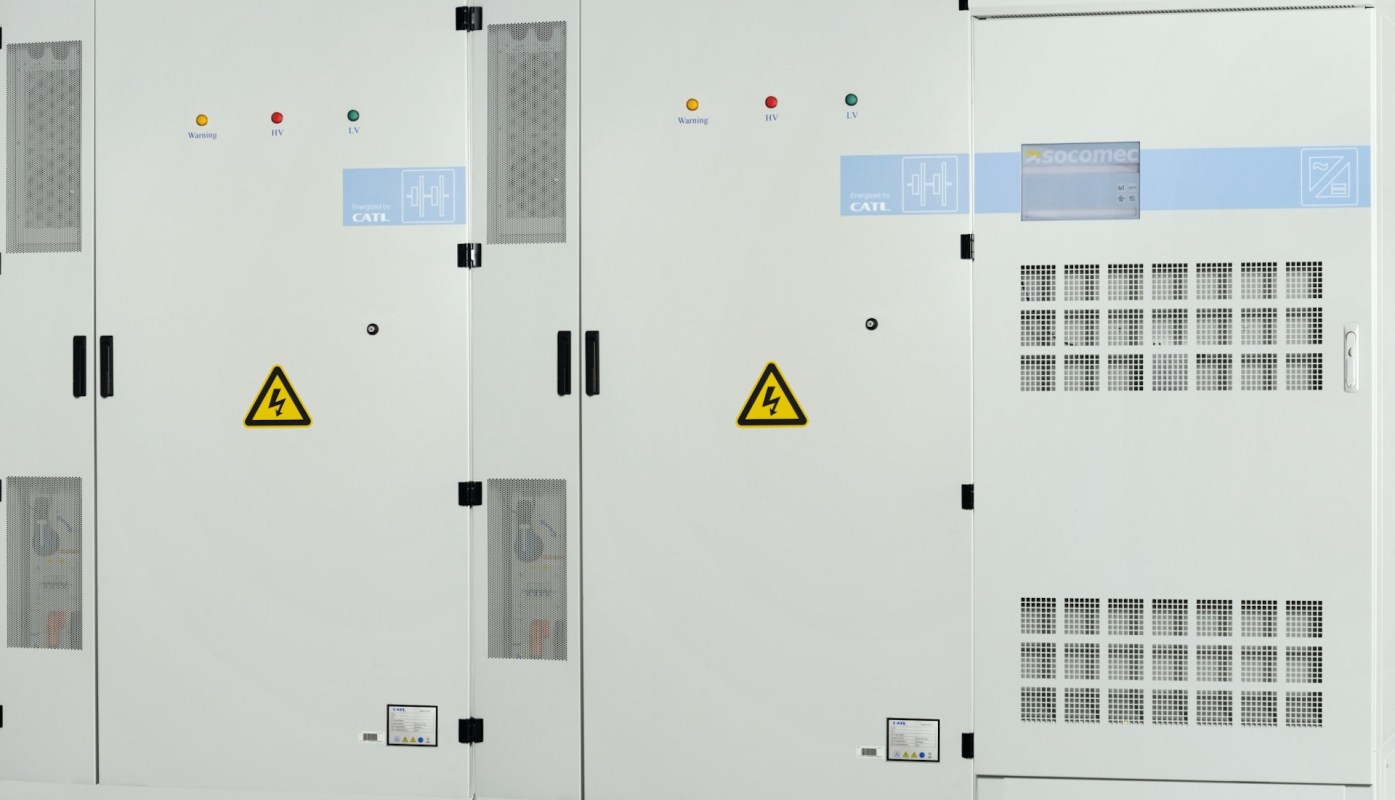A French tech company has developed a new energy-storing method that could be a game-changer for multiple industries.
PV Magazine explained that Socomec, a French industrial group, created a modular energy storage system that can hold up to 1,116 kilowatt-hours (kWh). The system, dubbed Sunsys HES L Skids, features a combination of battery cabinets with a converter cabinet and an AC power distribution cabinet. If implemented, the system can provide various benefits.
"This solution is for electric vehicle (EV) charging infrastructure, commercial and industrial buildings, and microgrids," Socomec said. "Once on site, all that remains to do is to connect the AC power and communication cables."
The company said that each battery cabinet contains a rack of 186 kWh lithium iron phosphate batteries, and up to six racks can be connected at a time, creating an impressive storage capacity. The converter provides a capacity of up to 300 kilo-volt-amperes (kVA) for set-ups that use the maximum six batteries.
The AC cabinet was called "optional" and contains multi-source paralleling and islanding, among other features.
The system avoids overheating by relying on liquid cooling thermal management, which has a storage temperature range of negative-20 degrees Celsius to 60 degrees Celsius (negative-4 to 140 degrees Fahrenheit).
"All cabinets within the energy storage system are shipped assembled, mounted, and internally cabled on an adapted SKID," Socomec said. "This guarantees minimum installation time, limits investment in civil works, and ensures optimum quality. The upgraded design also means the system is easily transportable and deployable, allowing for it to be installed on alternative sites."
This innovation is another example of clean energy sources that reduce harmful air pollution created when dirty energy is used to make electricity. Socomec is not alone in its effort to revolutionize energy-storing methods.
A Texas-based company called Yotta Energy has also developed a modular method whereby a series of small batteries are installed underneath rooftop solar panels to improve energy storage for businesses, with the concepts potentially being adaptable to home use.
Also, scientists at Oak Ridge National Laboratory in Tennessee discovered a way to repurpose old EV batteries into energy storage systems for electric utilities, which would not only make our power grid more sustainable and resilient but also reduce waste by creating a system to recycle batteries when they are past their prime.
These advancements are part of a broader move toward a more modular and flexible energy system that can adapt to our changing needs and help us make the most of renewable energy sources. The U.S.' renewable energy sector is already producing 20% of the nation's power, so more efforts like installing solar panels will go a long way toward creating a cleaner future for our planet.
Join our free newsletter for weekly updates on the coolest innovations improving our lives and saving our planet.









